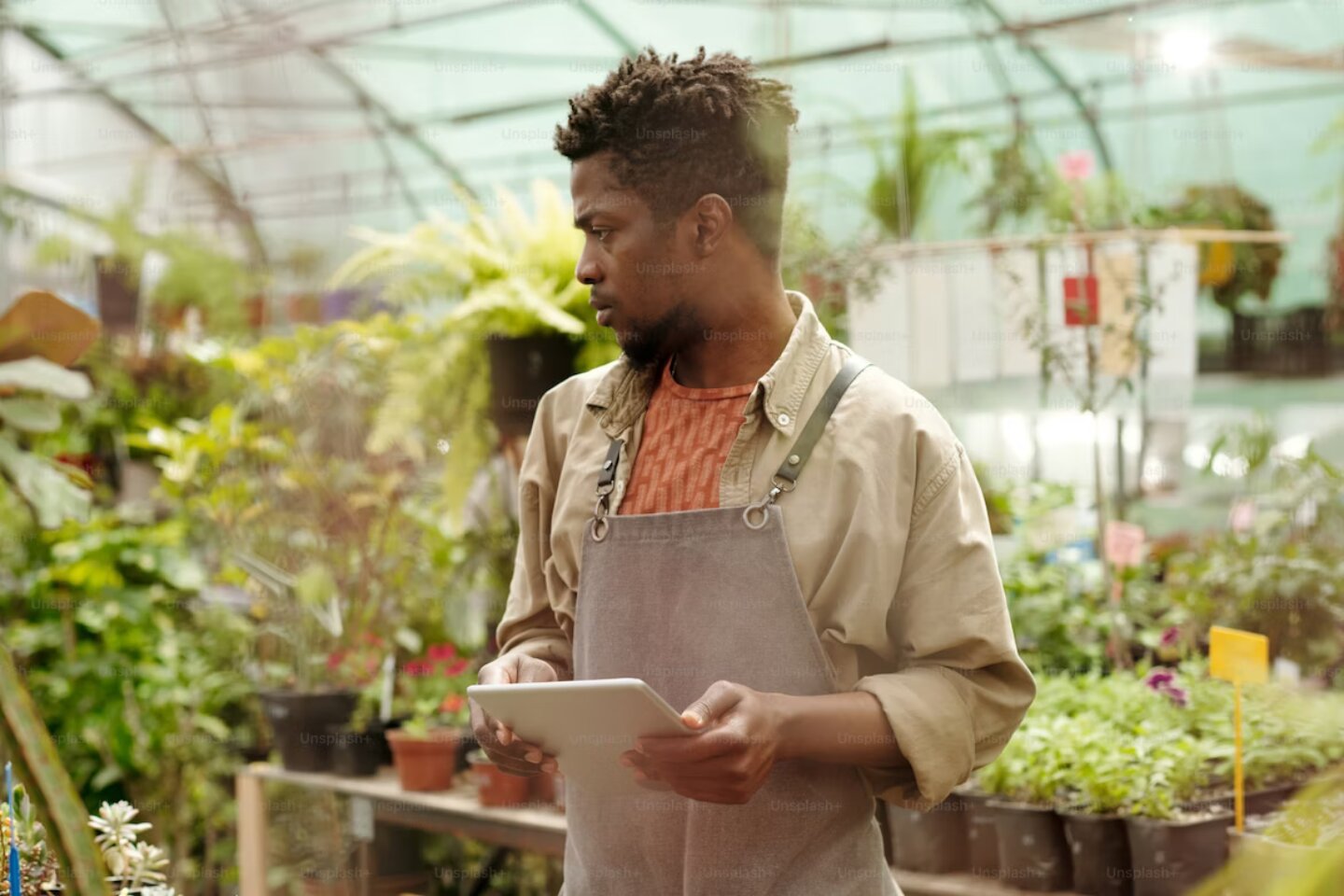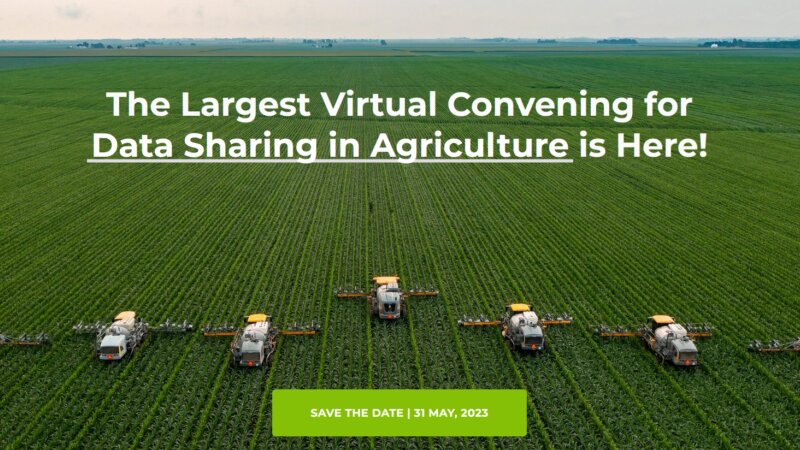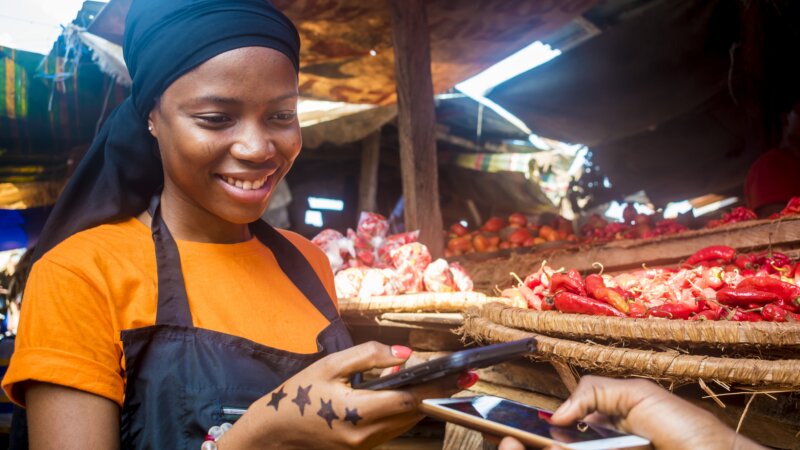Coalition on smallholder farmers digital ecosystems

Photo via Unsplash / Getty images
Digitalisation for smallholder agriculture can be a game-changer in supporting and accelerating agricultural transformation across low-and middle-income countries. Investing in building this digital infrastructure will enable new capabilities in agriculture and revolutionise how communities secure their livelihoods leading to our shared vision of a living income for all.
What is the coalition on smallholder farmers digital ecosystems?
Brought together around the UN Food Systems Summit, a group of stakeholders including farmers’ and private sector organizations, NGOs and multilateral agencies (i.e. IDH, IFAD, ISEAL, NFP, Rabobank, and Syngenta Foundation) joined forces. A coalition committed to empowering smallholder farmers (SHF) in emerging economies, and improving their livelihoods, resilience, food security, and agricultural productivity was formed.
Based on collective experiences in the space of digital agriculture, the coalition anticipates that digital technologies will be game changing in accelerating empowerment and transformation in the agricultural sector in low- and middle-income countries. As this transformation takes place, the coalition also wants to ensure that smallholder farmers get better and more efficient access to an ecosystem of integrated and mutually supportive digital services.
The focus of the coalition
Smallholder agricultural systems in low- and middle-income countries can potentially benefit from the transformative capacity of digital technologies. Much progress has been made in the context of digital agriculture in the past couple of years. Today, many digital platforms and services either already exist or are under development. However, their adoption and scaling remain slow. Another challenge is interoperability; different platforms do not speak to each other which forces farmers to adopt multiple systems and further inhibits scalability. Additional barriers for uptake include poor (digital) infrastructure, insufficient (agricultural) funding, and low digital literacy. Many smallholder farmers are furthermore still beyond reach and thus not benefitting from technological innovation and the effects of digitalization.
Most of the partners in the SHF digital ecosystems coalition have broad experience with and invested in digital innovations that target smallholder farmers. But they want to improve the reach and impact of their efforts, and help others to do the same. To achieve this, it is necessary to start with an understanding of why most existing digital platforms and services do not (yet) deliver as promised, before identifying what effectively needs to happen to change this.
What does the coalition aim to deliver?
The coalition on SHF digital ecosystems has the grand ambition for 2030 to achieve comprehensive digital services and platforms that are used by and serve 50 million smallholder farmers and that are productive and profitable. More specifically, the ambition is to contribute through research, networking, convening and leadership activities to the development of:
- Consistent approaches to digitalization and data in national agriculture and food policies;
- Strong capable and sustainable digital service providers that are serving smallholder farmers;
- Catalytic (public) finance for digital innovation;
- Digital and physical infrastructure, data, and service interoperability;
- Appropriate legislation around data ownership and privacy, Open Access, and digital public and private goods;
- Transparency around smallholder farmers’ sustainability and impact data for all stakeholders, including governments, value chain players, and consumers;
What is the coalition currently working on?
Country studies on the Kenyan and Zambian digital ecosystems (access here) found that a cross-cutting constraint to scaling
the digital agriculture ecosystem in Kenya and Zambia was the lack of
coordination and collaboration with respect to data. Consequently,
despite public sector efforts to centralize data, stakeholders
serving smallholder farmers are expected to undertake siloed data
collection, analysis, and interpretation efforts. This leads to
significant duplication of efforts, farmer fatigue, high costs of
innovation and service delivery, and also impacted social returns on
developmental investments.
Shared experiences of the coalition
members also found that this challenge exists in other emerging
economies; hence limiting their individual digital agriculture
potential. With this context, in 2023-2025, the coalition
will focus on piloting and exchanging experiences of data-sharing use
cases specifically for strengthening digital agriculture ecosystems
for smallholder farmers. The intention is to develop and scale best practices that are identified.
Community lead

Rojan Bolling
Knowledge broker

